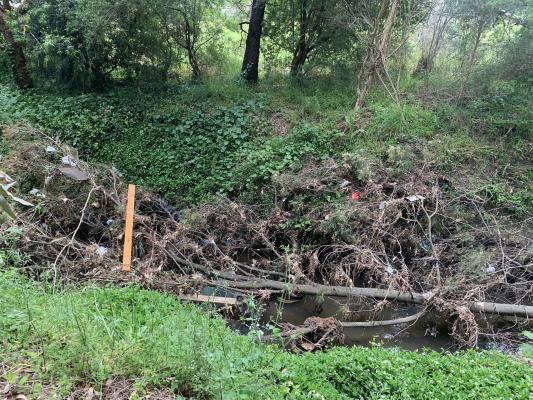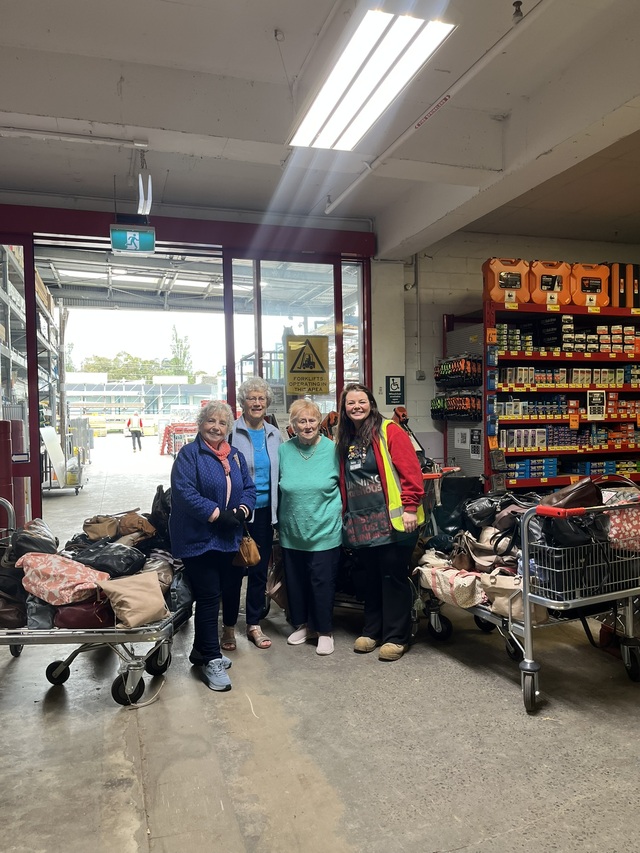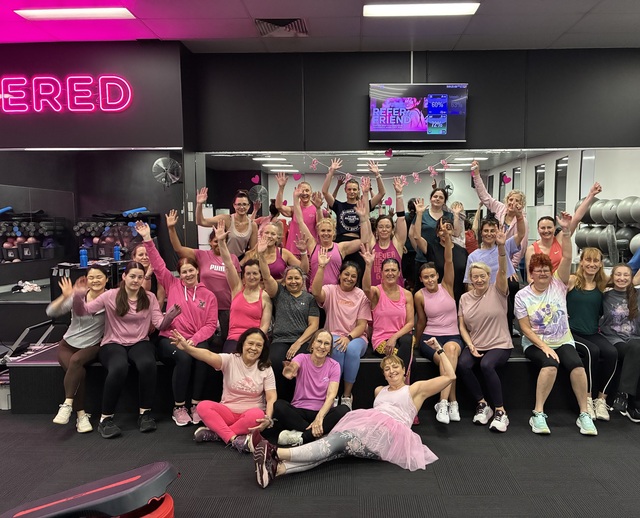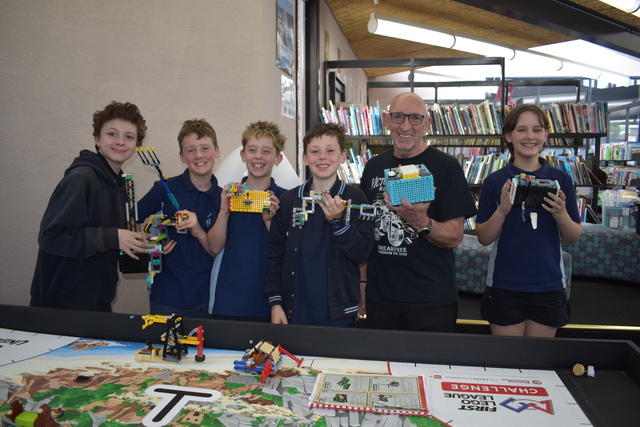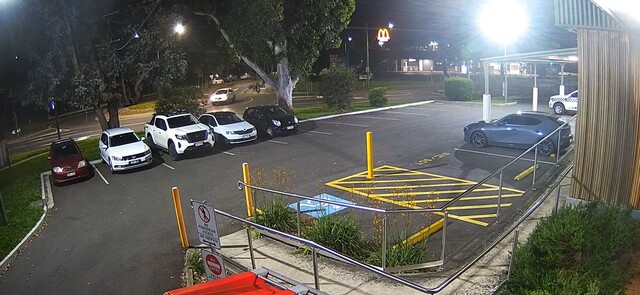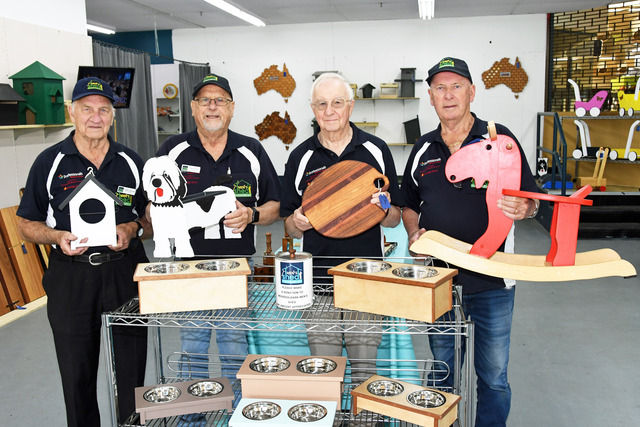Noticing the rubbish accumulation that kept happening along the Brushy Creek in Mooroolbark, a group of volunteers decided to do something about it.
In what will be their third clean up day on Saturday 4 December, organiser Victoria Donlan said it’s important to keep this waterway clear of litter.
“I think that given the concerns we all share about the environment and the future, it’s a really good thing to get involved and get up close to nature,” she said.
“By climbing down the banks and looking closely you feel more connected and you feel a greater sense of responsibility. It’s so empowering to do even a small thing than to keep walking past it feeling bad for doing nothing.”
Ms Donlan said it isn’t entirely up to the work of volunteers, that Melbourne Water does maintain the litter and weeds but there is always more to do, particularly after rain and storms.
“I’m no expert on water systems but I believe it’s simply a case of all the litter dropped or spilled on the streets and surrounding area being swept up in storm water.
“When it rains, the water in the creek rises significantly so anything on the banks gets swept in and then it gets snagged in the trees and vegetation on the banks. The litter is certainly more noticeable after a downpour.”
The last two times the group has met, around 20 people showed up to help clean up the creek, something Ms Donlan said is so lovely to be able to share with people who have similar interests.
Meeting on Diane Crescent, the group collect bags and tongs before dividing and conquering.
“Depending on everyone’s preference and ability they will either stay on the flat ground near the paths or will move a bit further down the banks accessing anything that can be safely reached,” Ms Donlan said.
“Some people go solo and others buddy up with a new friend. Most rubbish is just plastic packets and cans and similar but the odd shopping trolley or microwave will also be pulled up.”
Whether it is a lack of education around littering or the lack of access to bins that is causing the issue, Ms Donlan said there is a simple solution – to volunteer and join the group in the clean up.
And while Ms Donlan would love to just say to people ‘don’t litter’ she realises that blame or judgement is not going to fix the problem. Rather, her advice is a lot more wholesome than that.
“I’d say the best message I have is to encourage people to spend time enjoying the natural environment, building a sense of wonder and awe. You won’t damage something if you believe it’s beautiful.”

